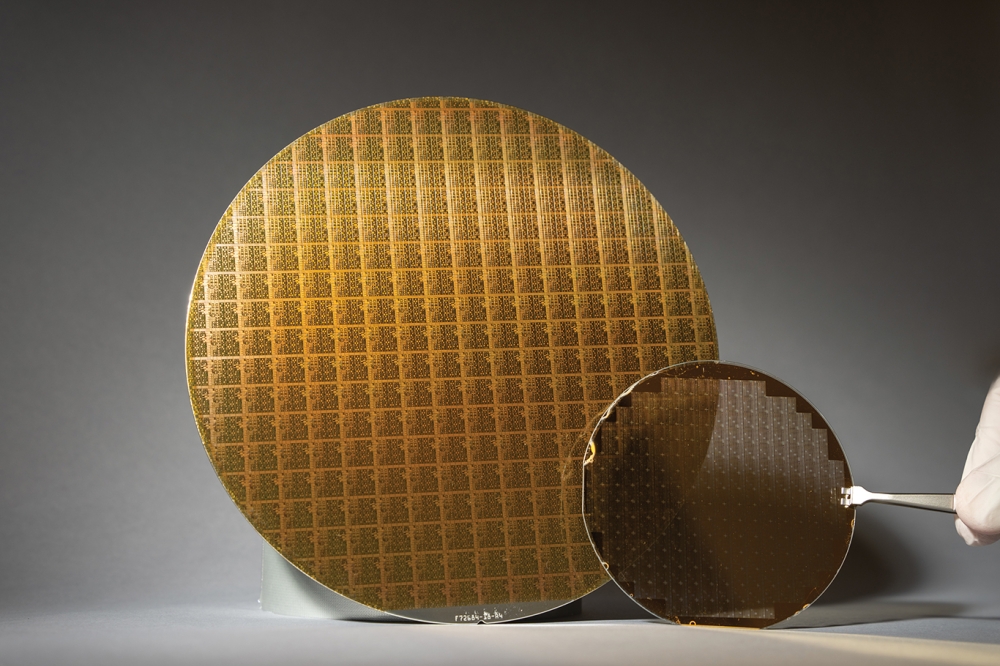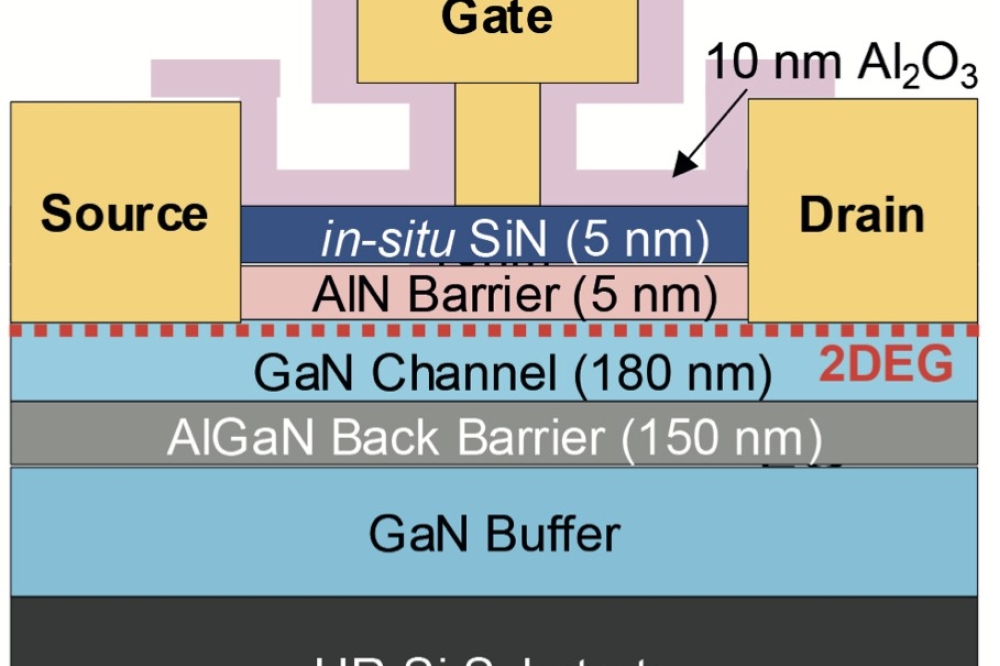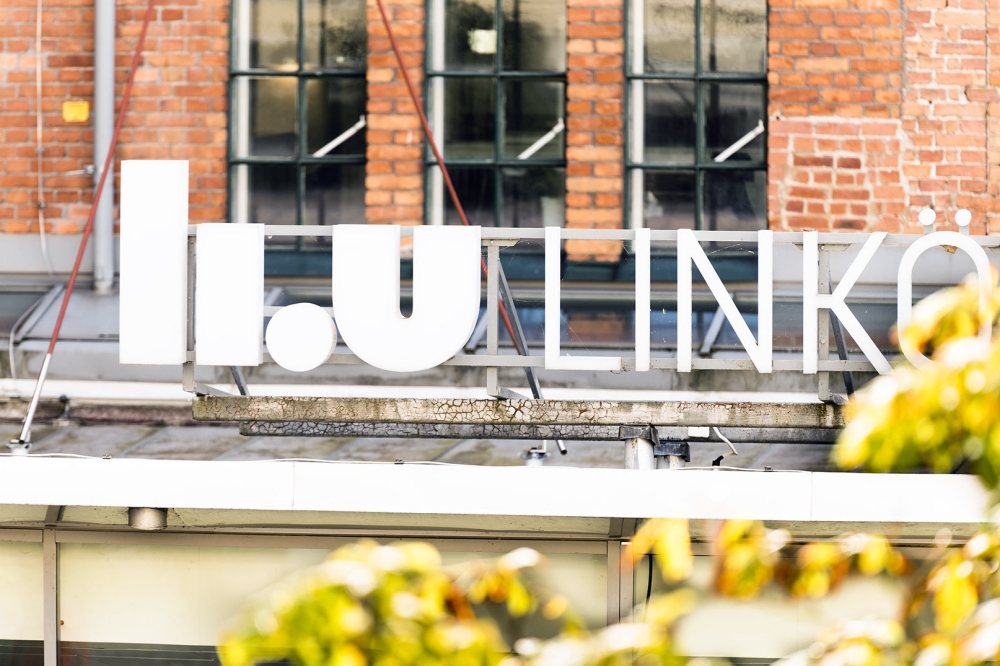Dyesol and partners get £800,000 EPSRC Grant

Dyesol, the Australia solar company, and its collaboration partners have been awarded an approximate £800,000 grant from the Engineering and Physical Sciences Research Council (EPSRC). The EPSRC is the UK's main agency for funding research in engineering and the physical sciences.
The principal grant applicants are Dyesol (UK), Cristal and The University of York. The successful grant application is titled, 'Optimisation of charge carrier mobility in nanoporous metal oxide films'.
The background to this proposed research is the recent joint discovery by Dyesol and Cristal that halide modified titania (TiO2) surfaces in Perovskite Solar Cell (PSC) devices can provide a significant performance uplift. In early experiments, this translated into improved device performance of 2 percent "“ 3 percent (gross) in conversion efficiency and is, therefore, considered potentially important in industrialisation of the technology, which Dyesol is leading globally.
Further internal investigation under this grant will now be undertaken to better understand the chemistry of the improved electron capture and transport. Translation into larger commercial photovoltaic devices is, of course, Dyesol's motivation for detailed scientific investigation. It is still too early to fully determine the full extent of the value of this discovery to Dyesol.
While not immediately necessary to progress Dyesol's industrialisation plans, such as the Major Area Demo (MAD), it is expected that outputs from work such as this, and other R&D projects, will feed Dyesol's generational product improvement pipeline in the future.
Dyesol and Cristal, a subsidiary of Tasnee, recently filed a provisional patent to commence protection of intellectual property related to this discovery.


































